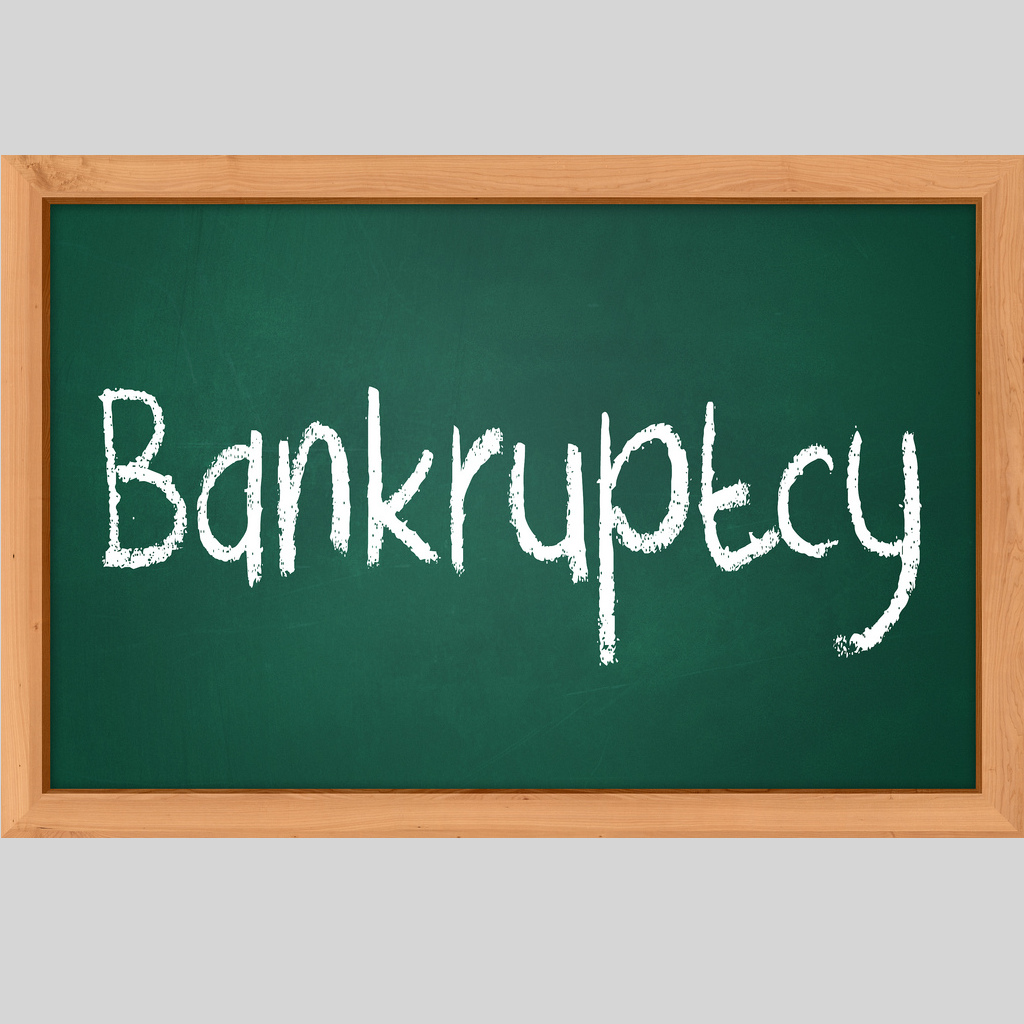
Chapter 7 vs. Chapter 13
If none of the previously mentioned alternatives work for you, then you are down to no other option but to file for bankruptcy. The relevant law to consider is the Bankruptcy Code, which defines and outlines the procedures involved in filing for bankruptcy under each chapter.
The two most common types of bankruptcy in the United States are Chapter 7 and Chapter 13. The first is available only to individual consumers while the latter is available to both individual debtors and business organizations. The first involves a liquidation of all nonexempt assets and properties, while the latter allows you to keep your properties in exchange for signing up for a repayment plan.
Most people who are confronted with this tough decision to file for Bankruptcy vacillate between “fighting” to “fleeing.” Do you want to struggle to pay the debts? Or do you get relief from the constant pressure and start over.
Well, if you put it that way, it does not look all that bleak. Unfortunately, the situation is often not that simple. And frequent changes to Bankruptcy Law make it important to really get the legal counsel from a Bankruptcy Attorney, before making any big decisions. (This is why we provide a free consultation with our attorney Millard Ramsey, so you can understand the best path for you from an expert)
Whether or not you should file for bankruptcy is a personal decision on your part. The factors are far too numerous and the overall impact of bankruptcy on your future finance far too important to treat a decision such as this lightly.
Before you decide, here are the things that you need to know:
• What are your alternatives to bankruptcy?
• Which chapter of the Bankruptcy Code should you file under?
• What debts will be discharged in bankruptcy
These are the types of questions and details a Bankruptcy Attorney can help you sort out.
But let’s talk about a few of these things.
“Dischargeability” of Debts
If there is one thing you should take note of bankruptcy, it is that not all debts can be discharged. Keep this always in mind. Because you might think that you can get away with your debts scott-free after filing for bankruptcy only to find out later on that you are still obliged to pay for some certain non-dischargeable debts.
NON-DISCHARGEABLE DEBTS UNDER CHAPTER 7:
- Recent taxes
- Trust fund taxes
- Child or family support
- Criminal fine or restitution
- Accident claims involving intoxication
- Unscheduled debts
- Penalties payable to the government other than tax penalties
- Student loans
- Debts listed in prior bankruptcy where debtor was denied a discharge
NON-DISCHARGEABLE DEBTS UNDER CHAPTER 13:
- Debts for alimony, support, and maintenance
- Debts for death or personal injury related to drunk driving
- Debts for criminal fines and restitution
- Most debts for student loans
- Debts not covered by the plan
- Installment debts maturing after the close of the plan
It is important to know what debts are dischargeable and what debts are non-dischargeable under any of these two bankruptcy types.
If you have substantial debts that are dischargeable under Chapter 13 but non-dischargeable under Chapter 7, then a Chapter 13 bankruptcy might be preferable to Chapter 7.
A sub-factor to consider in this is your eligibility for a discharge. The law states that a person who has received a Chapter 7 discharge in a case that was filed within six years is not eligible for a Chapter 7 discharge. In that case, the only other option you have is to file for a Chapter 13 discharge.
The best advice is to speak to a professional, when dealing with these and all the complicated questions surrounding Bankruptcy.
The nice thing about an experienced Bankruptcy Attorney like Millard Ramsey, is that you don’t have to even worry about all the complicated factors or details involved in either a Chapter 7 or a Chapter 13 Bankruptcy. You can just come in, hand over your mountain of debt, and know you are in the best care in the Chattanooga and North Georgia area…you can go and grab a coffee or take the family out to eat, breathe a sigh of relief, and let us handle all the complication for you.
If you are enjoying our blog and would like more, be sure to follow us on Facebook and Instagram (links at the bottom of this page) and give us a call if you would like a Free Consultation with Attorney Millard Ramsey.
Call (423) 444-0595
